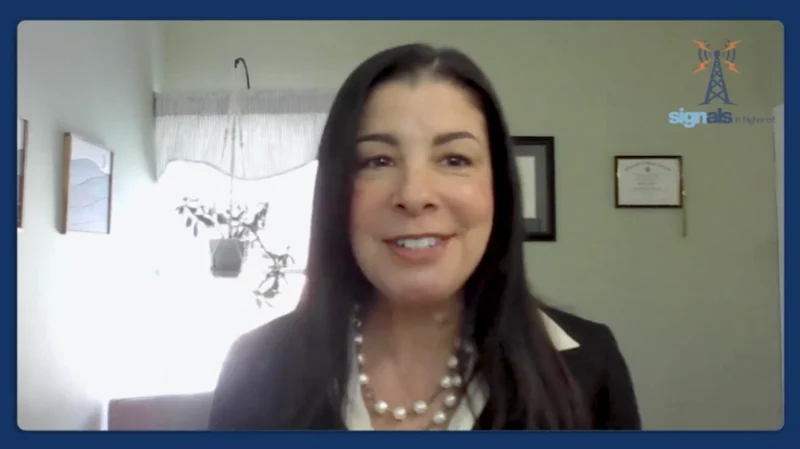Counting The Cost Of Remote Learning
Just as the collection and analysis of data is essential for the battle against COVID, so it will be to track the benefits and losses of education with whatever remote learning brings.
That data is starting to come in. A new study by the Successful Practices Network and the Center for College & Career Readiness, released Friday, is the first published report of the current and predicted impact of closures on learning using an actual performance measure before and after U.S. schools closed from the COVID-19. Highlights from the report are below:
 Real-time data for 1.6 million students across 1,364 districts engaged in remote instruction since schools were forced to close due to the coronavirus pandemic shows that students are on track to lose up to 49% (about 5 months) of their potential reading growth by the start of next school year. In addition, this study revealed that the achievement gap between students from lower-and higher-income schools is predicted to widen by up to 18%.
Real-time data for 1.6 million students across 1,364 districts engaged in remote instruction since schools were forced to close due to the coronavirus pandemic shows that students are on track to lose up to 49% (about 5 months) of their potential reading growth by the start of next school year. In addition, this study revealed that the achievement gap between students from lower-and higher-income schools is predicted to widen by up to 18%.
Based on this analysis, researchers have identified the following trends from the 1,364 districts it observed:
76% of schools showed decreased usage after schools closed
Schools differed widely in how quickly and how well they made the transition to online learning. Overall, however, the number of students logging in has declined by 43% and the number of students completing at least one lesson has declined by 44%.
Students are on track to lose up to 49% of gains over the summer
Based on early data, it appears that school closures as a result of the coronavirus crisis will lead to a significant loss of potential learning gains, as 28%, for many students come June 2020.
Worst case prediction for a widening of the achievement gap is 18%
The achievement gap has already begun to grow in the six weeks since schools moved to online learning. The achievement gap between low- and high-income students is expected to increase by as much as 18% for students from low-income schools by the end of this school year.
Struggling readers on track to fall behind their peers by an additional 6%
It is already clear that struggling readers are not using online learning as frequently as advanced readers, placing them at risk of falling further behind. The study shows that the gap between struggling and advanced readers is predicted to grow by up to an additional 6% by the end of this school year.
Some districts are succeeding with online learning
Despite the challenges, there are success stories. The study revealed many examples of districts that transitioned almost seamlessly between school-based and online instruction. For these districts, levels of usage of Achieve3000 Literacy after the school closures are about on par with usage before the school closures.

If students can remain engaged in online learning from home with a similar degree of usage and performance as they experienced in school, they are expected to maintain their same rate of projected growth—the blue dotted line. Alternatively, when students’ learning opportunities are cut short, and there are not already robust online learning solutions in place, students will experience significant losses that could have been avoided—the yellow dotted line.

Additional analyses examined the relationship between predicted learning loss for students in low-, middle-, and high-income schools. Based upon data through April 30, the achievement gap is already tracking towards a widening of 4% and is predicted to widen by up to 18%.
The consortium provides a number of recommendations for educators based on the trends observed in the study:
Plan now for next year
Many schools were unprepared to make the transition to online instruction. In order to avoid similar rates of learning loss in future years, schools will want to begin trouble-shooting their existing implementation of online learning tools and resources and planning for improvements that can be implemented by the start of the next school year.
Catch up over summer
The summer slide has already commenced. Using the summer in a meaningful way will be critical to make sure students begin the next school year where they would have been had schools not closed early.
Mind the gap
Students who fall at or below the 25th percentile in reading are going to fall further behind their peers. Providing access to robust online learning resources that include scaffolds and other supports specifically designed to accelerate reading growth is imperative.
Build a new skill
Online learning is now a career skill that needs to be mastered by both educators and students. There must be a transition “teaching and learning onsite or remotely” to “a technology-enabled approach to all teaching and learning.”








